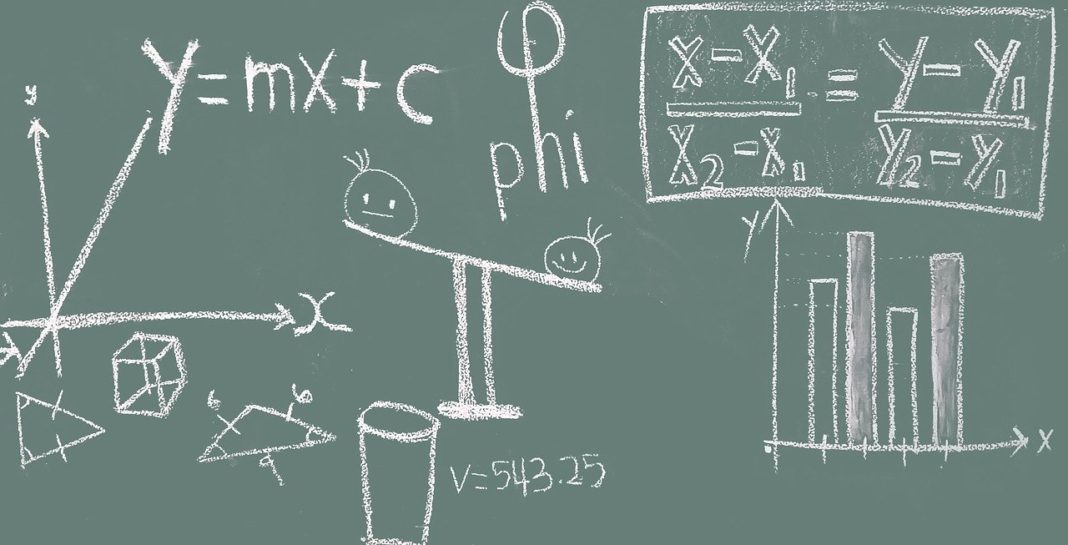
We start with a simple question, “If all prime numbers are odd.” The answer is yes (if we consider 1 to be a prime number). So now the question becomes: “Are all even numbers divisible by two?” And the answer there is no. This means that not every number can have an even or an odd factorization.

FACTORIZATION
This leads us to our next question: what about the square root of 2? It turns out that to have a square root of an even number, you need an odd factorization. This is because when we take the square root of something (or any other fraction), it’s always going be smaller than what we started with and it will never go over one. If we are multiplying the square root of two by an even number, in order to get a value lower than one (the opposite), we need both factors to be odd. The next question is: what about adding or subtracting fractions?
If you start with three numbers, each being a different fraction that add up to make less than one, then if you try and take any common denominator for all these numbers they will cancel out. For example, if I had .25 + 0.50 -0.75 = 0.00625 and wanted to convert it into a decimal so that it would show on my calculator as follows:This means that not every number can have an even or an odd factorization.” – Blog





